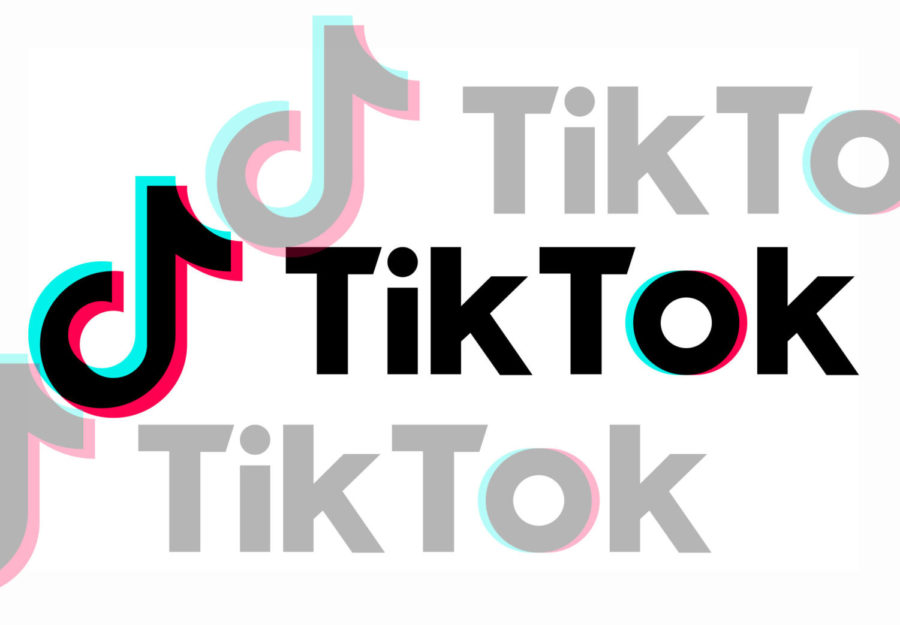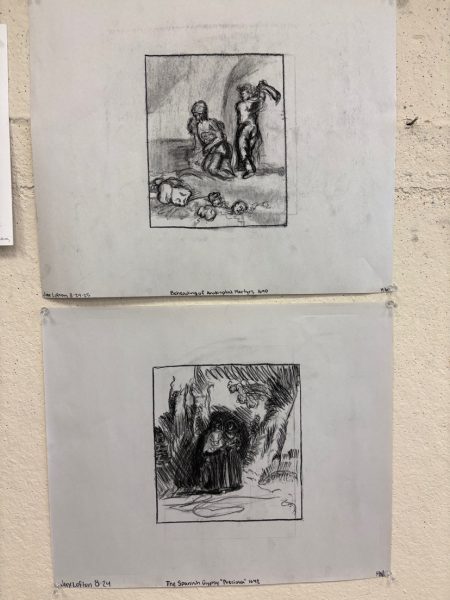Are TikTok filters ruining self-esteem?
Social comparison through the use of social media and filters have corrupted minds around the world.
Beauty standards have drifted and changed over the years. Factors like Hollywood as well as social media has taught us that in order to be beautiful, we must look a certain way. Some time last month, a filter known as “Bold Glamour” began invading tons of peoples’ feeds on TikTok. This filter is an artificial intelligence based filter. Unlike filters before it, this one does not glitch when the subject moves, nor does it show up if you were to pass your hand over your face. The filter takes your natural features and changes things such as a slimmer nose, a chiseled jaw line, and glowing skin.
According to www.npr.org, “TikTok would not comment on the design of the filter. It also would not discuss how the feature could potentially worsen peoples’ image of themselves. Instead, a TikTok spokesperson provided a statement that said the app encourages creators to be true to themselves, noting that videos on the platform mark when users create content using filters like Bold Glamour.”
However, it’s hard to look past indicators that a filter was used. It is easy to get it into your mind that you do not look as good as a certain person or that you do not measure up to society’s standards. It is also easy to forget that not everyone on social media is going to portray their true self. Some people. If not most people who engage on social media will only show a side that makes them seem appealing and accepted
“If people are selective in what they post online, we are often comparing ourselves to a biased version of others (a curated and more interesting version). Perhaps even more problematically, we may often find ourselves comparing ourselves to versions of other people that are completely unrealistic because they’ve been edited – for example, using filters,” said Dr. Brent Hale, Professor in the School of Media and Communication at USM.
Kennedi Drake, a communications studies BS major at USM said, “I think filters negatively impact women, because they’re going to think that they always have to have a filter on. Eventually they’re going to use makeup as their filter or they’re going to start using apps like face tune, and they’re never going to accept their natural beauty for how it is. They are not going to want to go out into public, and it’s going to cause some insecurities.
While this impact can influence both males and females, studies have shown that more young women and girls are affected. Females tend to compare themselves as far as beauty goes. This is such a toxic trait. As mentioned earlier, social media is a world made up of people who only show what they want to show.
“So perhaps we should be careful about the message we send to others when we post online – do we want to be realistic in our connections with others or do we want to continue the problem by creating unrealistic expectations,” said Dr. Hale.
Your donation will support the student journalists of University of Southern Mississipi. Your contribution will allow us to purchase equipment and cover our annual website hosting costs.



























